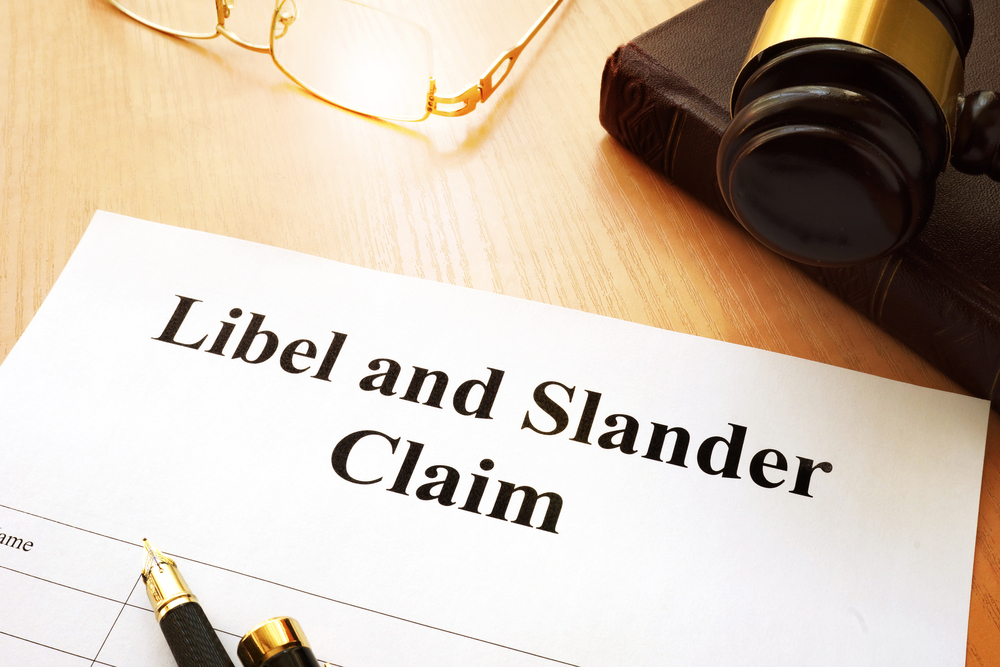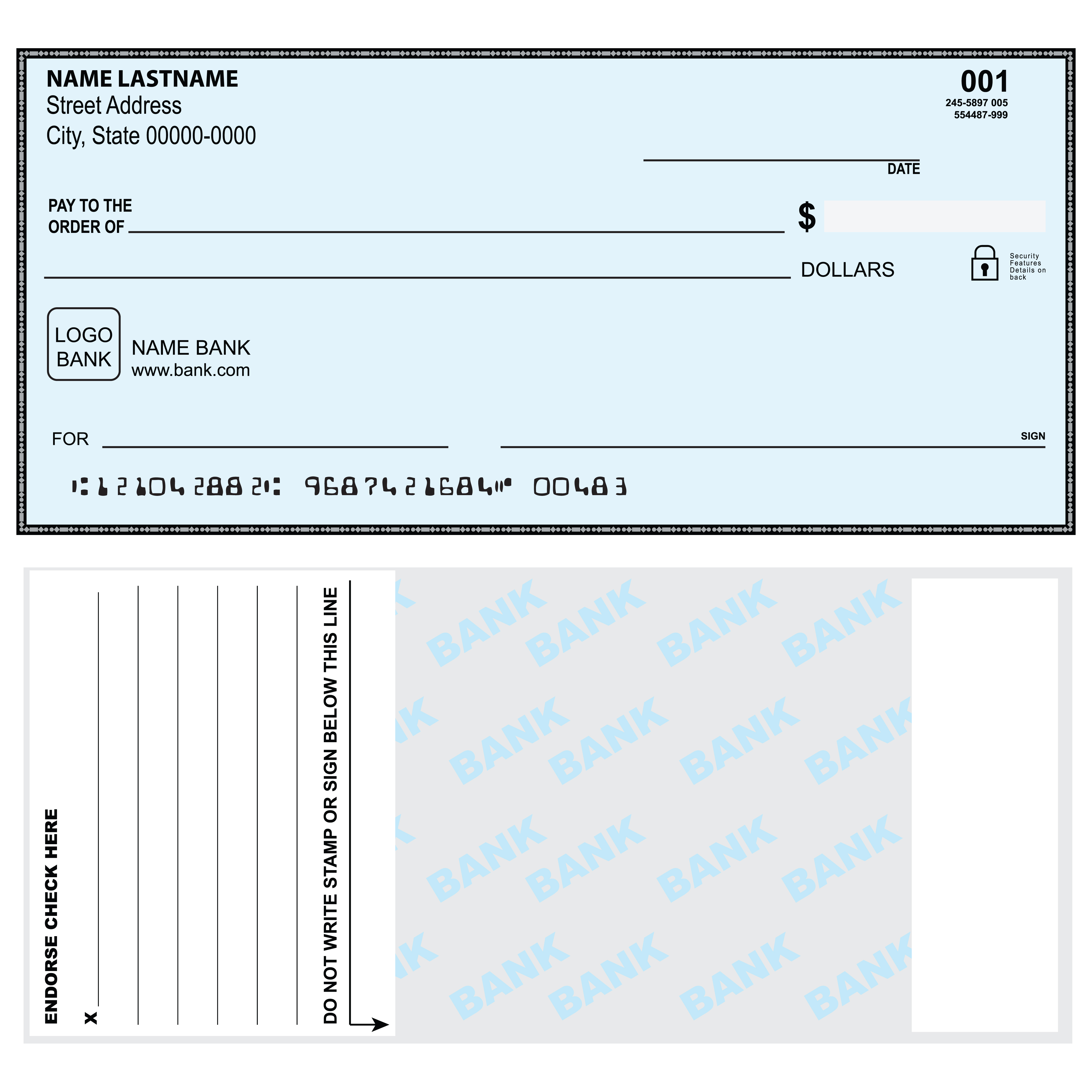The Not Widely Known Harris Act: Protection of Private Property Rights
There is a Florida statute not universally known called the “Bert J. Harris, Jr., Private Property Rights Protection Act” and oftentimes called the "Harris Act" for ease of reference. The Harris Act is embodied in Florida Statute s. 70.001 (found here) and it deals with the protection of private property rights. More specifically, it provides a private cause of action when the existing use (or vested rights) of property is inordinately burdened by the Florida government (including agencies thereof). The Harris Act has some teeth in certain situations, as demonstrated below in a case example, and is a good...
Continue reading













